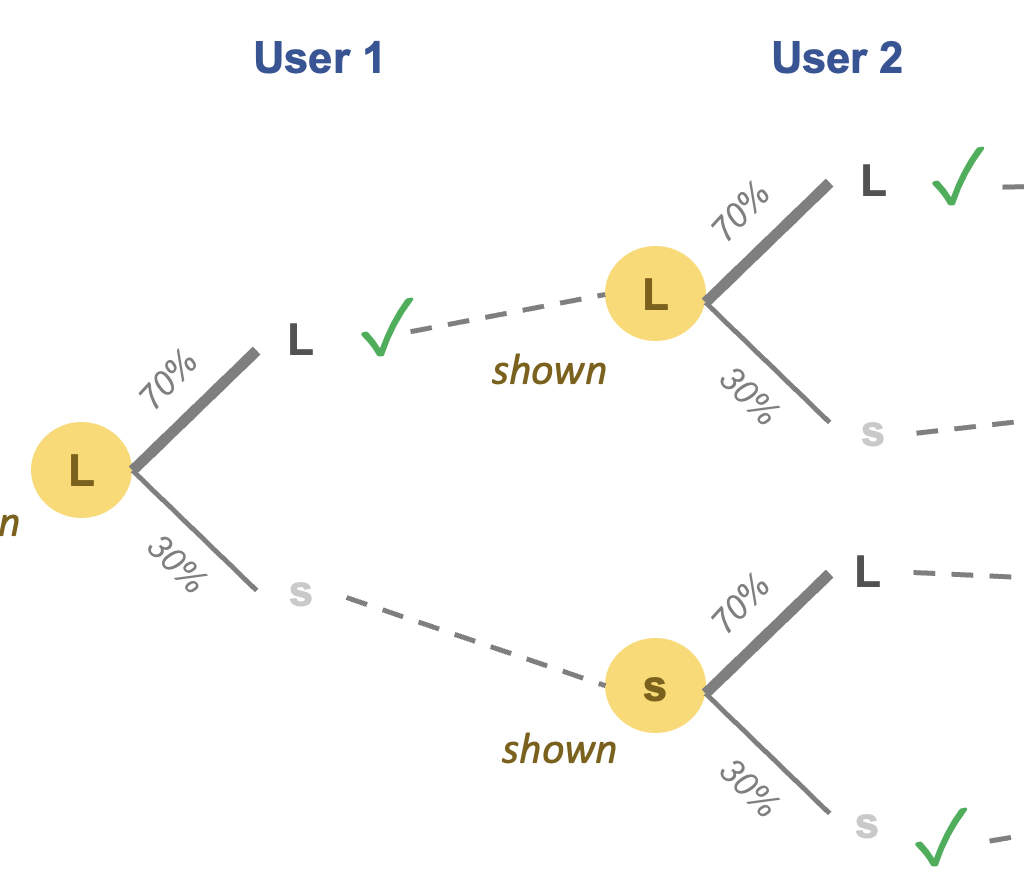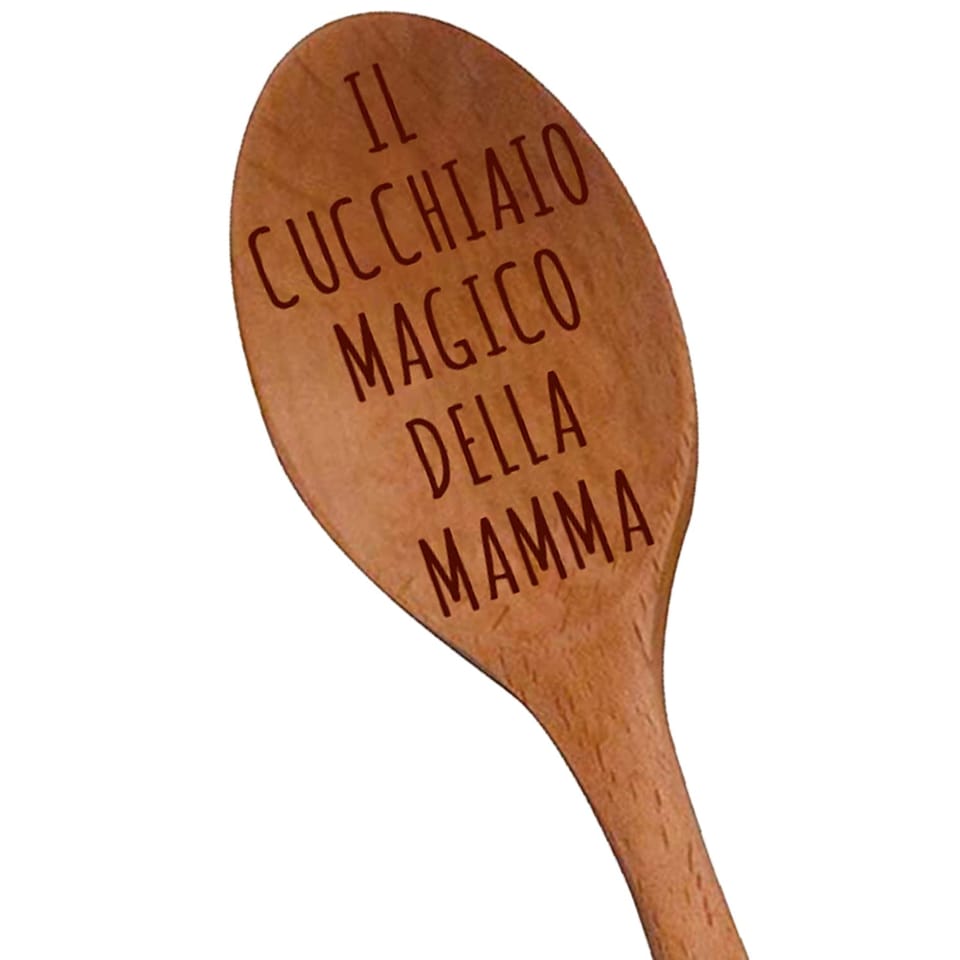Harvard admit wants lottery for others but doesn't realize he was a past winner
The excellent Felix Salmon blog linked to this amusing article by a Harvard student, with the paraphrase that "the only fair way to admit people to Harvard is to randomize admissions", but the student's actual suggestion is more nuanced. Dylan Matthews said:
William R. Fitzsimmons ’67, Harvard’s long-time dean of admissions and financial aid, has said that 80 to 90 percent of Harvard applicants are qualified to be here. Harvard should identify that 80 to 90 percent, and then randomly accept 1600-1700 of them.
Comments are in order:
- Congratulations, this article reflects sound statistical thinking, and thanks to Felix for noticing. If it is true that 80-90 percent of the applicants are indistinguishable in terms of their being qualified to be at Harvard, then random selection is a great decision-making criterion. In the same way that if two football (soccer) teams could not find a way to win after 90+30 minutes, we might as well flip a coin to decide the outcome, leaving it to "chance"; or just accept a "tie" as the outcome.
- He could have taken his point further, and realize that the current Harvard admissions process is already a lottery (excepting the legacy admits, athletic recruits, and other privileged groups). That means his own place at Harvard was essentially determined by random draw (unless he was one of the privileged ones).
- I think the two-way split is too simplistic. In my mind, there are three groups: the top 10-20 percent are sure-ins, the bottom 10-20 percent are less qualified, and the middle 50% or so are all qualified but clearly less "talented" than the top segment.
Point 2 may not be obvious to all... Let me use an example from the recent Seife book. He proposed that a super-close election like Bush-Gore be settled by a random coin flip because the election really was a statistical tie, and so it would be fair to leave it to luck. Many observers recognized that each recount was like a coin flip. What is not often acknowledged: the original count was also and already a coin flip, so there isn't a need to flip another coin if we want a coin-flip outcome! You'd only recommend another coin flip if you didn't like the outcome of the last one.
Similarly, in the Harvard admissions case, again excepting those privileged groups (one wonders if they constitute the 10-20% that Fitzsimmons cheekily segregated out), the existing admissions decisions can be considered the first coin flip. If the 80-90% are truly indistinguishable, then the admissions committee is only flipping a coin; they may think they are doing something valuable but they aren't, and they can't. For instance, an admissions officer might have read about the strange case of Fiji Water right before reading an essay talking about a trip to Fiji and colonalism, but the same officer reading the same essay (or a different officer assigned to read the same essay) might not be as impressed had he not been engrossed in the Fiji Water scandal.
To understand why the seemingly optimal coin-flip solution is unlikely to get adopted is to require us to think about the incentives facing the universities, and the power of perception, topics that I cover throughout Numbers Rule Your World.



